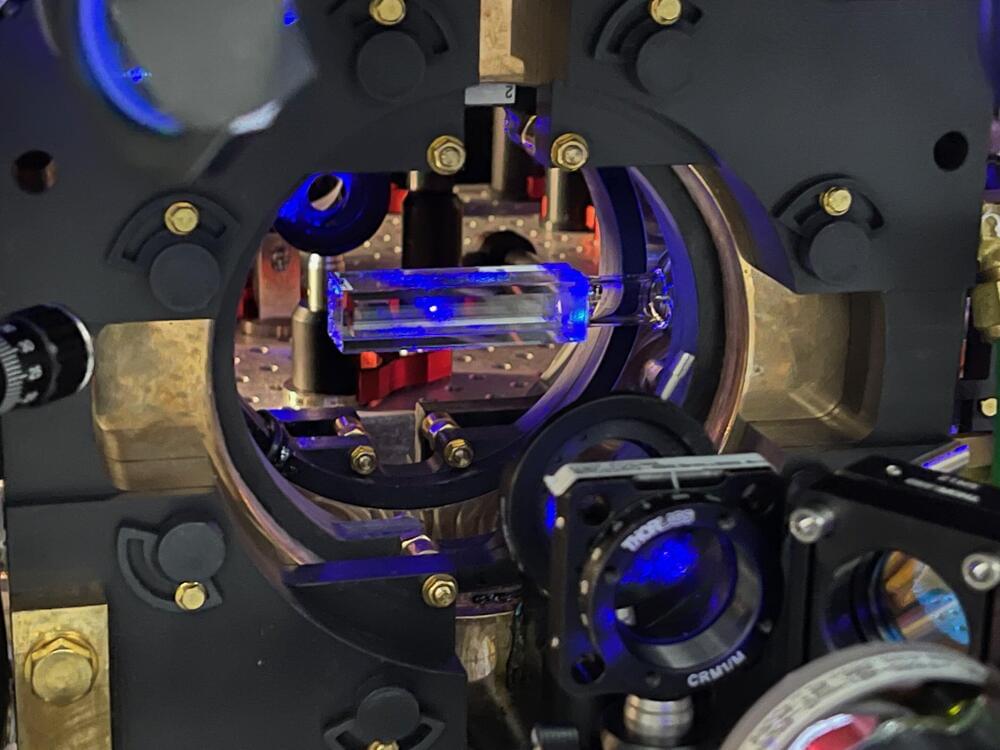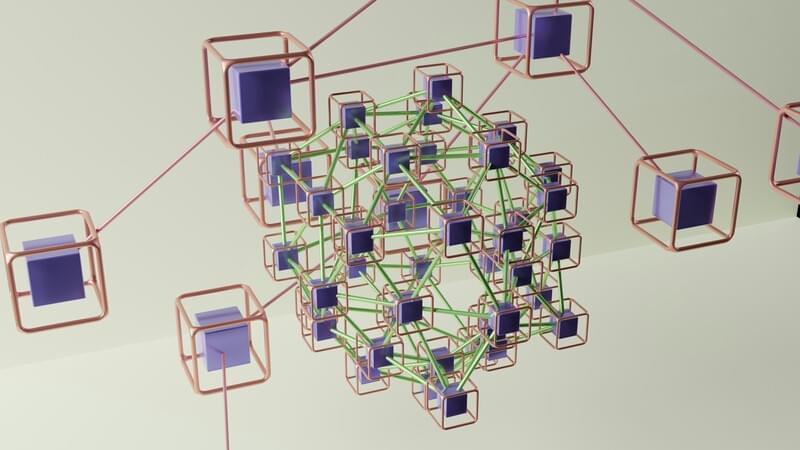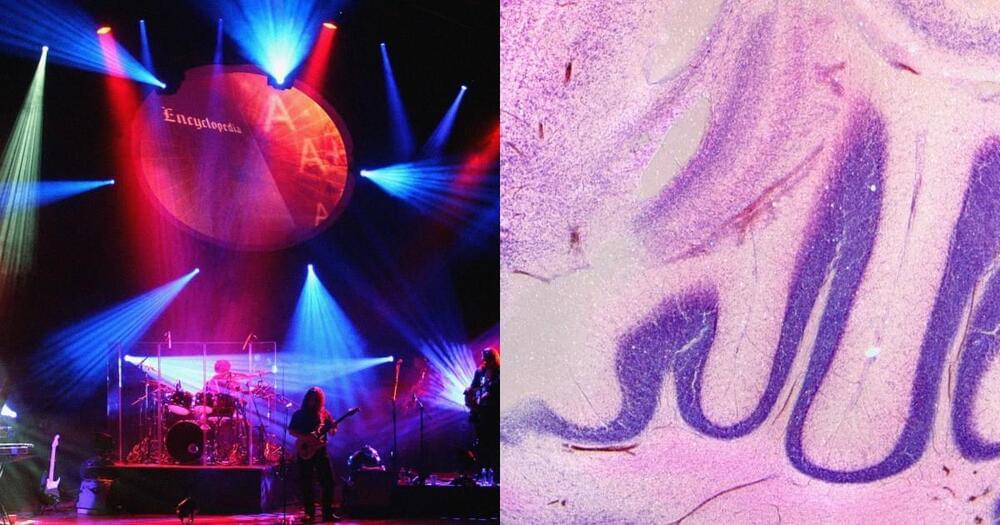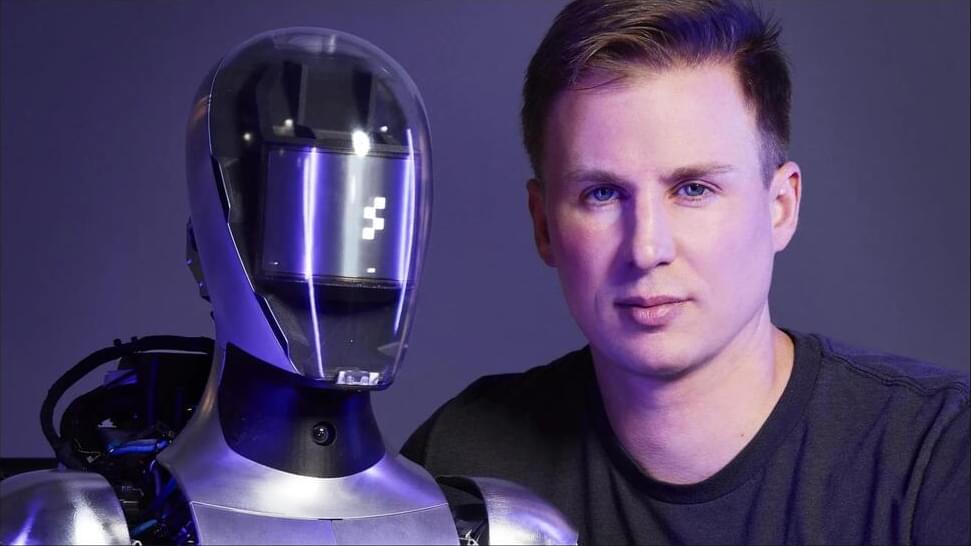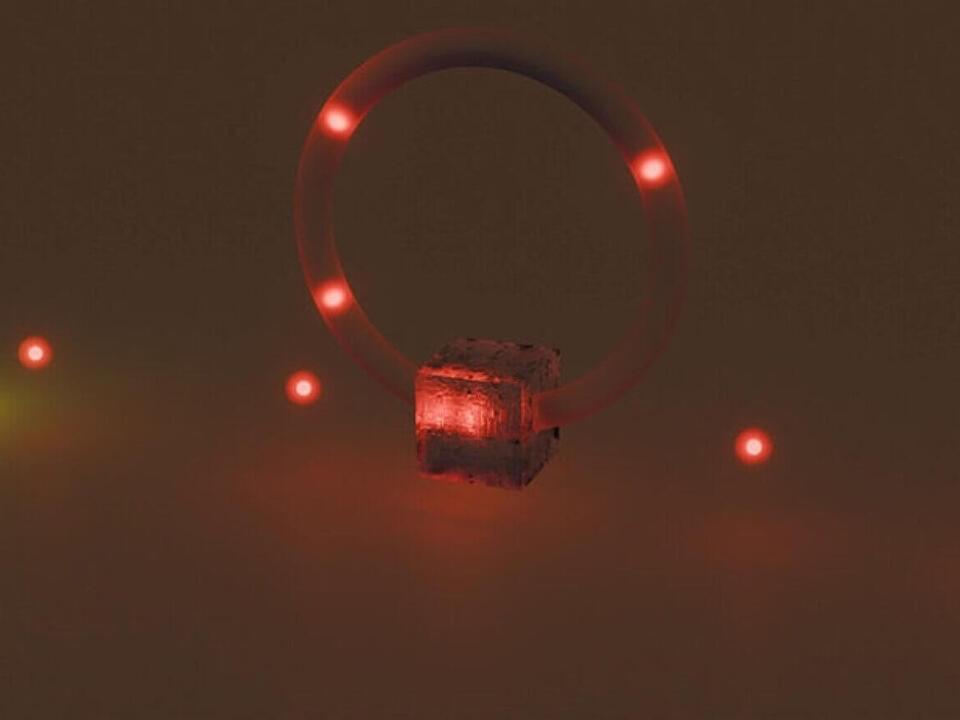Quantum physics requires high-precision sensing techniques to delve deeper into the microscopic properties of materials. From the analog quantum processors that have emerged recently, quantum-gas microscopes have proven to be powerful tools for understanding quantum systems at the atomic level. These devices produce images of quantum gases with very high resolution: They allow individual atoms to be detected.
